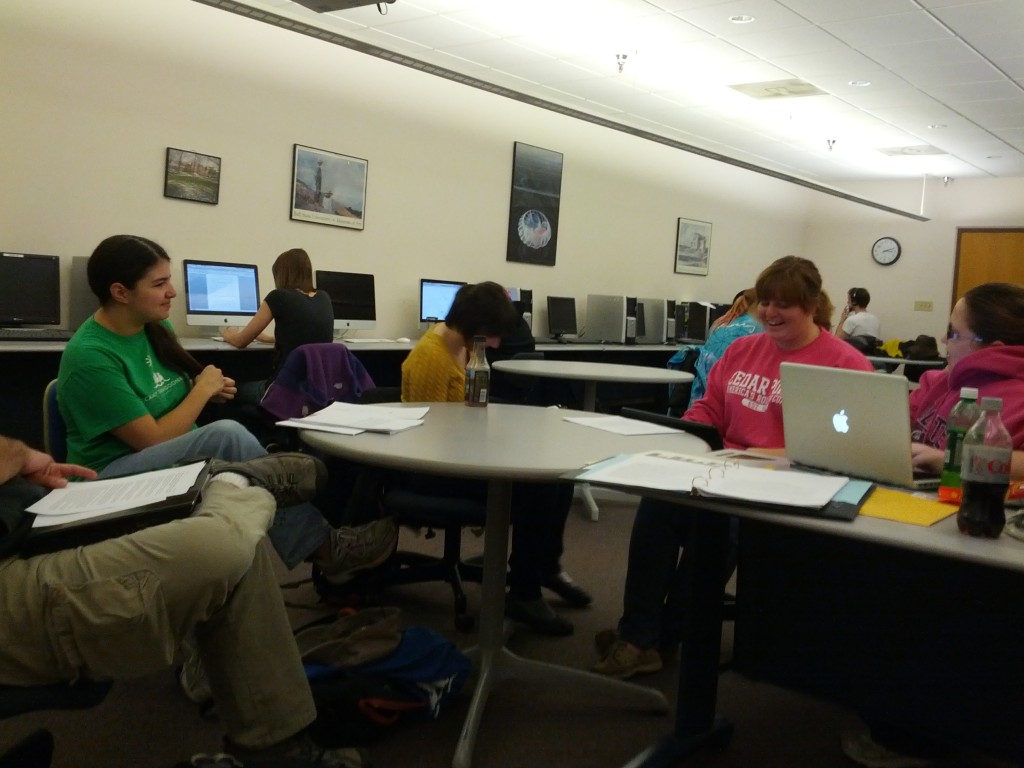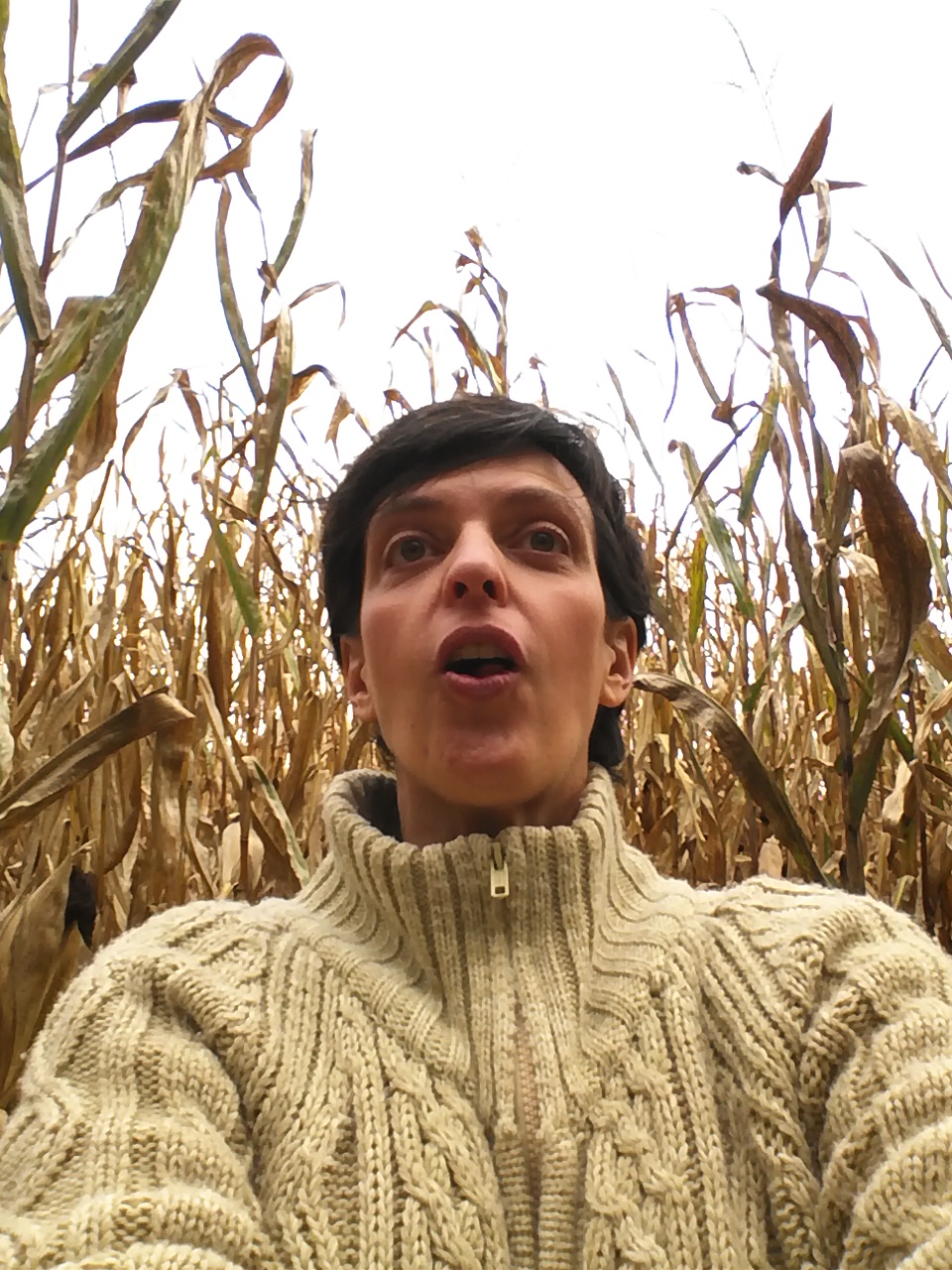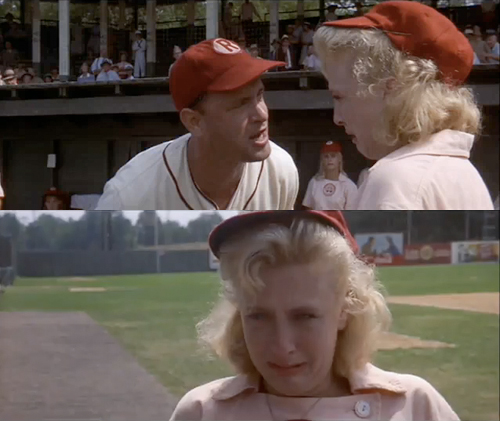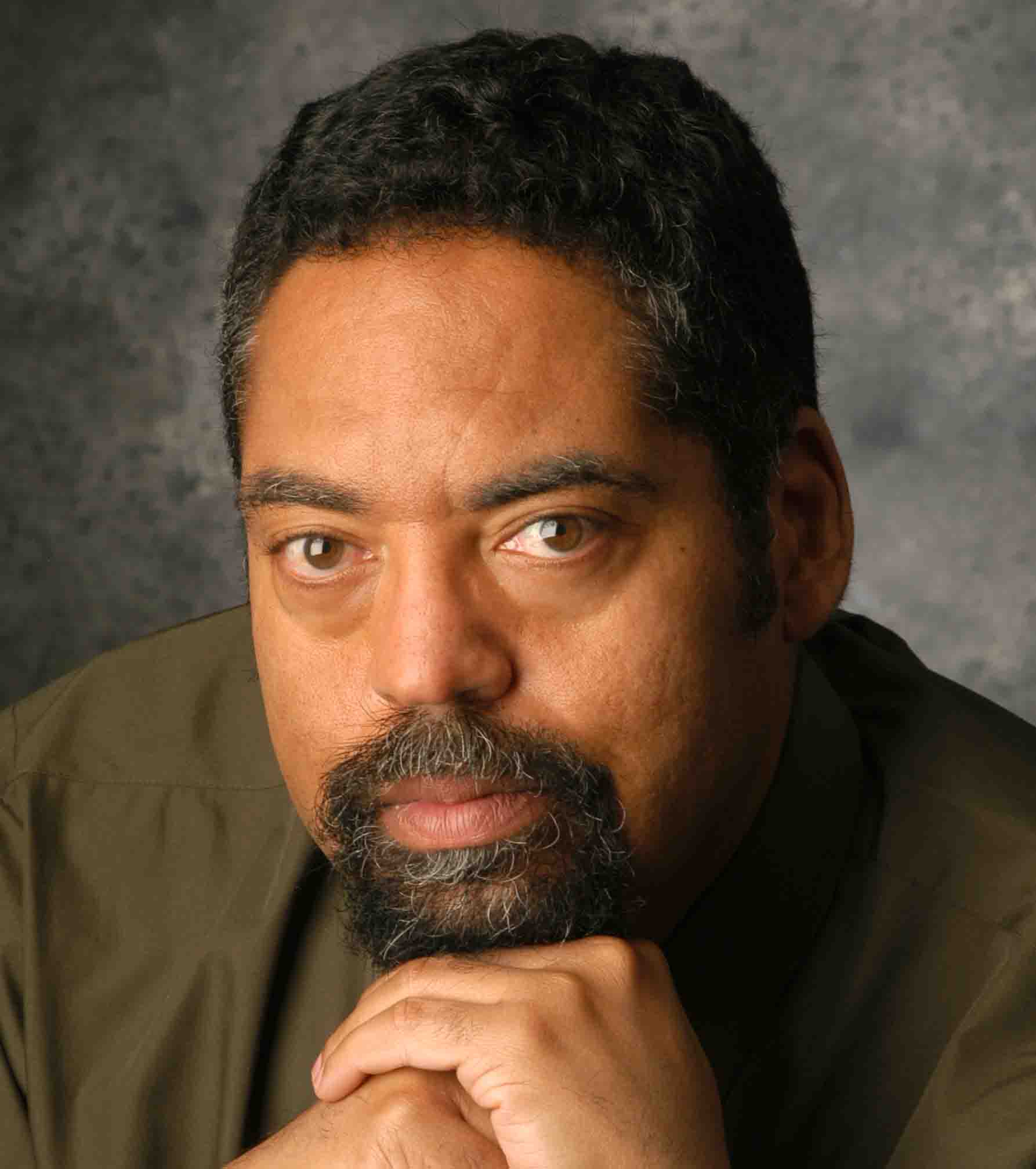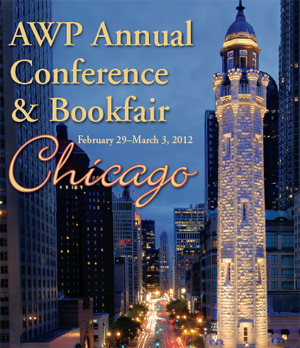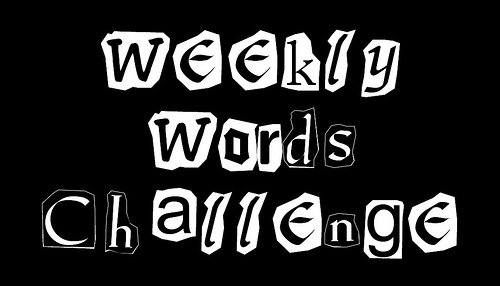It is possible to teach novel writing in MFA programs, and many do. My panelists (David Haynes, Patricia Henley, Sheila O’Connor, and Elizabeth Stuckey-French) prove it here, by sharing their syllabi with you. You’ve got everything you need to design your own novel-writing course. You’re welcome!
Opening Remarks: “A Novel Problem: Moving from Story to Book in the MFA Program.”
About a year ago, I submitted an essay to The Millions titled, “The Big Thing: 10 Thoughts on Moving from Story to Book,” which the editors were kind enough to publish, but with a more provocative headline: “The Story Problem: 10 Thoughts on Academia’s Novel Crisis.”
The essay touched a nerve. I got a lot of reactions, from faculty and from students in both residential and low-res programs, and from people who opted not to pursue an MFA because they felt programs were “anti-novel.”
They are not alone in this opinion. Continue reading →
